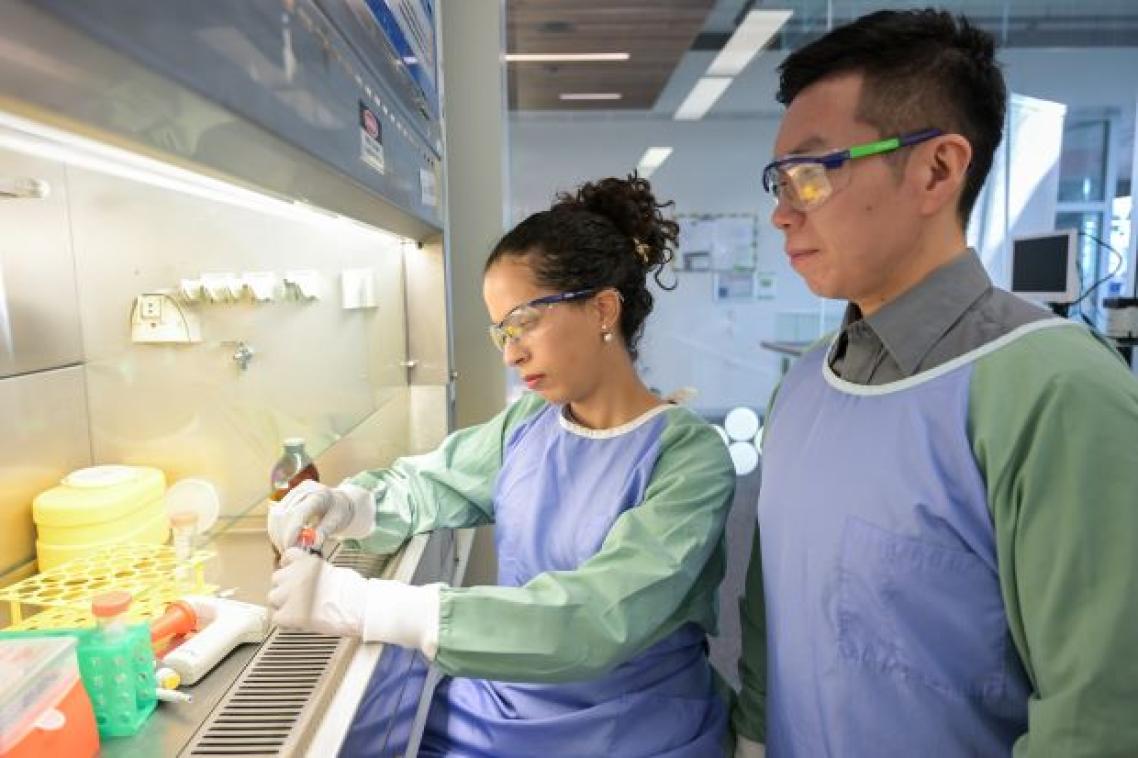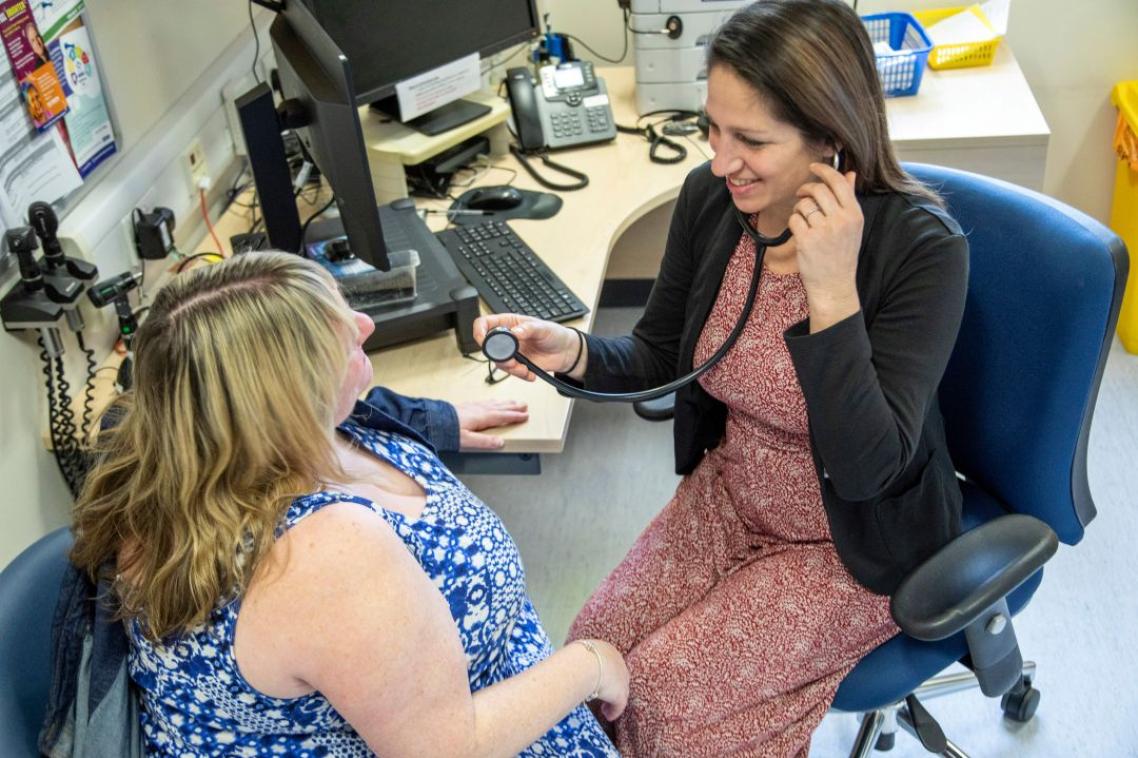Immune cell ‘atlas’ will help kids fight life-threatening diseases

Researchers at The University of Queensland are developing a comprehensive paediatric immune cell ‘atlas’ to aid in the diagnosis and treatment of children with life-threatening diseases such as cancer, diabetes and lupus.
Project lead and Director of the Ian Frazer Centre for Children’s Immunotherapy Research Professor Di Yu will collaborate with the Queensland Children’s Hospital to collect more than 1000 blood samples from a diverse group of children with healthy and abnormal immune systems.
“The diverse immune cells in these blood samples will be analysed using single-cell sequencing, which is the most advanced technology available to examine the function of individual cells,” Professor Yu said.
“This will help us establish a comprehensive paediatric immune normality reference, which we call an atlas.
“Once the mapping is complete, we can then compare blood samples from children with immune-related diseases to the atlas.”
Senior Research Fellow Dr Kelvin Tuong said that in autoimmune disease, the immune system produces antibodies that attack the body’s own cells, tissues and organs, resulting in inflammation and damage.
“Conversely in cancer, the immune function becomes deficient to eliminate tumours,” Dr Tuong said.
“Our mapping will allow us to identify differences in immune cells in healthy children and those who are fighting disease.
“This knowledge will be invaluable in unlocking the secrets of the paediatric immune system to develop new immunotherapy treatments for life-threatening conditions such as cancer, diabetes and lupus.”
It is hoped that the 5-year project will also develop a user-friendly software to allow the atlas to be used by clinicians across Australia and around the world.
“This platform will empower healthcare professionals to tailor treatment plans for children, maximising therapeutic benefits while minimising long-term side effects,” Dr Tuong said.
The Ian Frazer Centre for Children’s Immunotherapy Research at the UQ Child Health Research Centre was established in 2022 with funding support from Children’s Hospital Foundation and The University of Queensland.
The $7 million project has received funding from the Medical Research Future Fund (MRFF), Children’s Hospital Foundation, the Australian National University and Sanofi.
Partner organisations include Children’s Health Queensland, Pathology Queensland, QIMR Berghofer, Queensland Cyber Infrastructure Foundation, Sanofi, The Australian National University and Children’s Cancer Institute.
Media contact
UQ Faculty of Medicine Media
med.media@uq.edu.au
+61 436 368 746
Topics
Related articles

Nature versus nurture question addressed in landmark study

A better way to assess cardiovascular health
Media contact
UQ Communications
communications@uq.edu.au
+61 429 056 139
